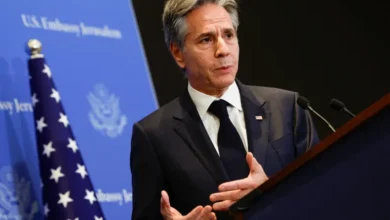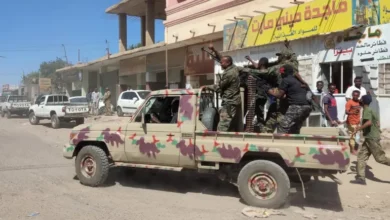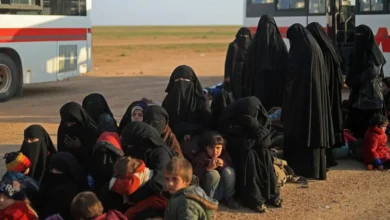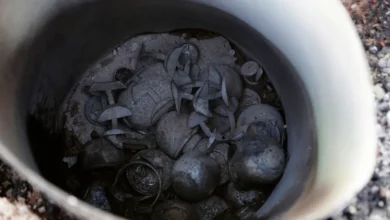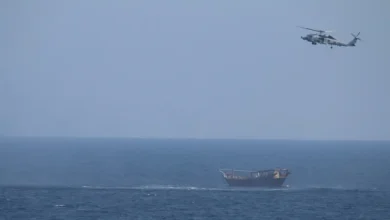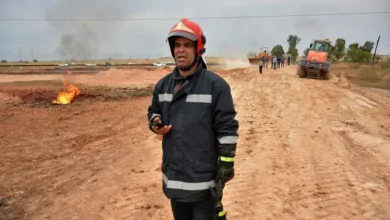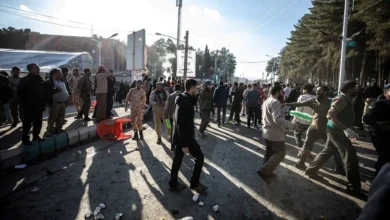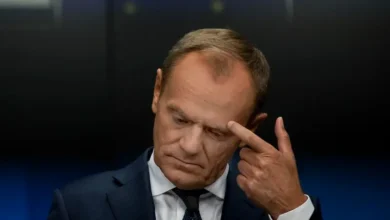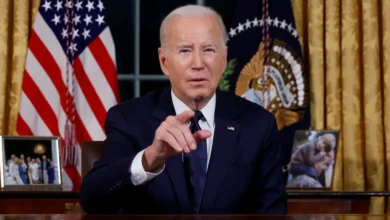Badly burned but free, Israa Jaabis on her release from Israeli prison
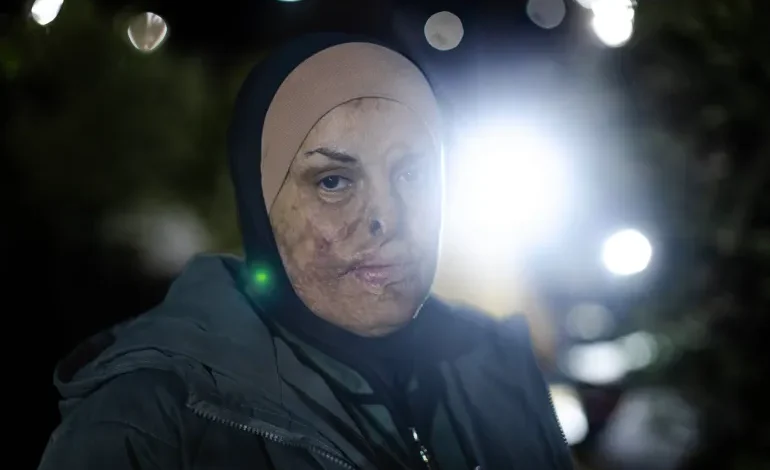
Israa Jaabis’s greatest worry, now that she has been released from Hasharon Prison for female Palestinian prisoners, is being accepted back into her community.
Israa suffers from first and third-degree burns to 60 percent of her body and eight of her fingers were amputated after her car caught fire 500 metres (550 yards) from the al-Zayyim Israeli checkpoint in Jerusalem in October 2015.
It was two weeks after the start of the “knife Intifada” or the October uprising against the Israeli occupation, carried out mostly by Palestinians in their teens and 20s unaffiliated with political factions.
She cannot lift her hands all the way up because her underarm skin has fused, and her right ear has almost completely disappeared. She lives in a constant state of pain, she says, and has to breathe through her mouth because of a gaping hole on one side of her nose.
Israa says she knows some people have a hard time looking at her.
Following the incident in her car, Israa, who is now 38, was accused of attempted murder by explosion – a charge she denies – and sentenced to 11 years in prison in 2017.
Israa says she lost control of the vehicle in which she was moving furniture to her home in the Jabal Mukaber neighbourhood in Jerusalem.
Her sister, Mona, told Al Jazeera in 2018: “The Israeli version is that she tried to blow up her car at the checkpoint, but how could that be the case when the windows of the car were all intact?
“The exterior of the car did not even change colour. And if there was an explosion, Israa would have been blown up with it into many pieces.”
Following her release on November 26, Israa told Al Jazeera in an interview that during her imprisonment, she had become completely reliant on fellow prisoners to help her with daily tasks, a “humiliating” feeling, she said.
But solidarity with other women during her time in prison is what gives her hope now for the future since her release as part of an exchange deal brokered between Hamas and Israel which also saw the release of Israeli captives being held in Gaza.
“I thought that if the girls in prison at his age loved me, it meant my son [Moatasem] would love me,” she said.
Too scared to go to hospital
Now, her most pressing need is to get proper medical treatment – something she says she was denied in prison – but she is too afraid to go to hospital.
“To get treatment now, I’d prefer to go overseas because I feel like I’m being chased.
“Especially if I go to hospitals here or in the West Bank, they [Israeli forces] could come after me at any moment.”
In 2018, Israa had surgery on her eyelid and this year she had surgery on the palm of her hand.
The surgery on her palm failed, she says, because of a lack of aftercare. Thinking about getting treatment for her horrific burns now also triggers traumatic memories of her time in the prison hospital, she says. “It was difficult for me to see the other prisoners in pain.
“Two people had amputated feet, one had a foot and hand amputated, and others had a breathing tube. It is difficult for me to see them and see great men like them in pain. It was also difficult for them to see me and their wives in this situation.
“There was unspoken communication between us, as if they were telling me they wished they could help me and I was telling them I wished they weren’t in prison.”
Israa says it was the presence of younger women and children in prison with her during her first three years that gave her the strength to go on.
“I used to work with children, and mixing with them, laughing and joking, made me feel normal.
“The young girls in prison, they gave me strength to keep going. Smiling helped so much, a smile is hope and it makes you forget all the pain. Them being around made me feel like Moatasem was around me.
“It was painful but at the same time I had hope and some motivation.”
After another prisoner, Lina al-Joubani, who had become a de facto carer for the younger prisoners left, Israa says she took her place. “I used to organise activities for them. Entertainment activities, sporting events, drawing and handicrafts.
“I set up a Hakawati (storyteller) Theatre for them. I got the idea to lift their spirits because they were so sad [when Lina left] so I needed to do things to distract them.”
For Israa, those sorts of activities in prison were more about refusing to surrender than about “having fun”.
“Prisoners inside aren’t carefree and having fun. She is doing these activities to prove that [she] is steadfast and will remain steadfast.”
Collective punishment
After the Hamas attack on Israeli army outposts and surrounding villages on October 7, the mood in prison shifted sharply, Israa says. “We were being beaten and subjected to obscene verbal violence, we were being tear-gassed.
“On the day it happened, the female prisoners were singing, and suddenly the jailers came. They attacked Marah Bakir [a fellow prisoner] and isolated her in her cell. They isolated several female prisoners.

